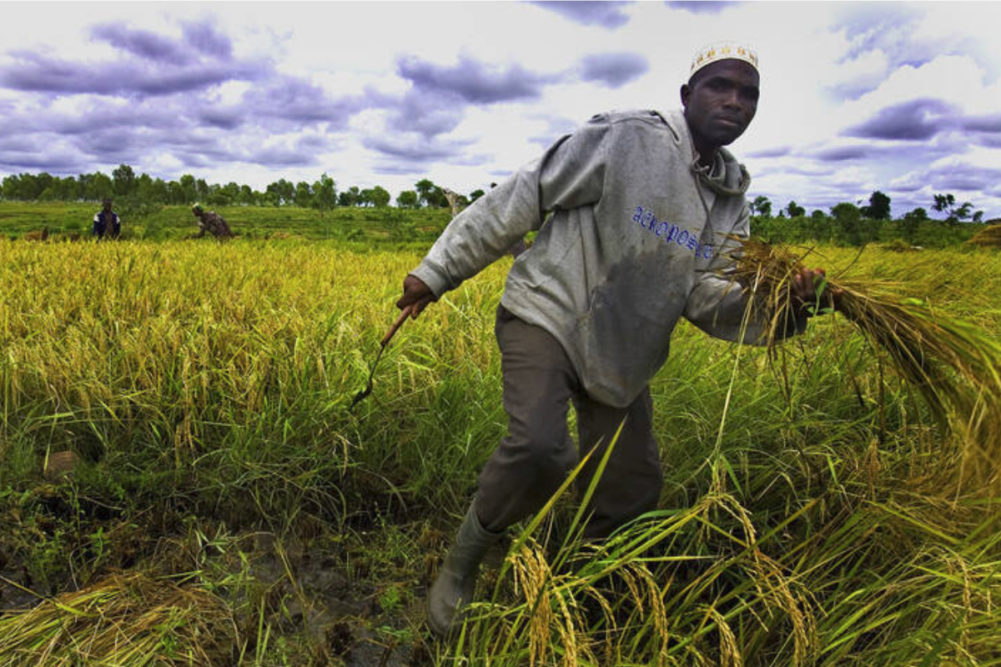ROME, ITALY — Underfunding of the agri-food sector in Africa is preventing the nation from reaching its full potential, according to a new study, Public Expenditure on Food and Agriculture in sub-Saharan Africa, by the Food and Agriculture Organization (FAO).
The study, based on analysis over the last 15 years, shows a gap between long-standing political commitments and financial reality in 13 sub-Saharan African countries.
In 2003 and again in Malabo in 2014, African Union member states pledged to devote 10% of their national budgets to food and agriculture, in an effort to fuel social and economic growth. Yet nearly two decades on, this pledge remains unfulfilled.
“Let’s unblock the bottlenecks that are holding back potential by increasing coordination and upskilling human capacity in African nations,” said Qu Dongyu, FAO director-general. “And let’s unlock funds and streamline public financial systems, so that the scarce resources we have do not go unspent.”
Of the countries surveyed by the Monitoring and Analysing Food and Agricultural Policies (MAFAP) program — an FAO initiative that also tracks public expenditure in Africa — only one, Malawi, has consistently met the 10% target; one other, Mali, has met it in some years; the remaining 11 (Benin, Burkina Faso, Burundi, Ethiopia, Ghana, Kenya, Mozambique, Rwanda, Senegal, Tanzania and Uganda) have not succeeded in doing so. In some cases, food and agriculture receive only 3%, or just over, of the national budget. Moreover, the report found that on average, of the little money made available for food and agricultural development, over a fifth remains undisbursed due to insufficient implementing capacity. Agriculture, the report suggests, is being implicitly penalized.
Presenting the report’s findings, Marco V. Sánchez, deputy director of the FAO’s Agri-food Economics Division, outlined research showing that technical efficiency in agriculture increases dramatically as spending nears $80 per capita, after which it begins to taper off: but most African countries are nowhere close to that amount. Sánchez acknowledged there was “narrow fiscal space” to expand public investment in Africa, all the more so in the context of the COVID-19 pandemic — but argued that even where it was impossible to spend more money, it remained possible to spend it better and generate efficiency gains.
The report found that the lion’s share of national expenditure on food and agriculture in Africa goes to subsidizing inputs (fertilizer, tools and suchlike), which Sánchez said tend to exhibit diminishing returns over time.
Leonard Mizzi of the European Commission, insisted on inter-ministerial dialogue.
“Food and agriculture are not just a matter for agriculture ministries,” he said, in a context of competition for resources exacerbated by the COVIDF-19 pandemic.
“Business as usual will send us hurtling into a wall,” he added, echoing the general call for transformative approaches to food security in Africa.






